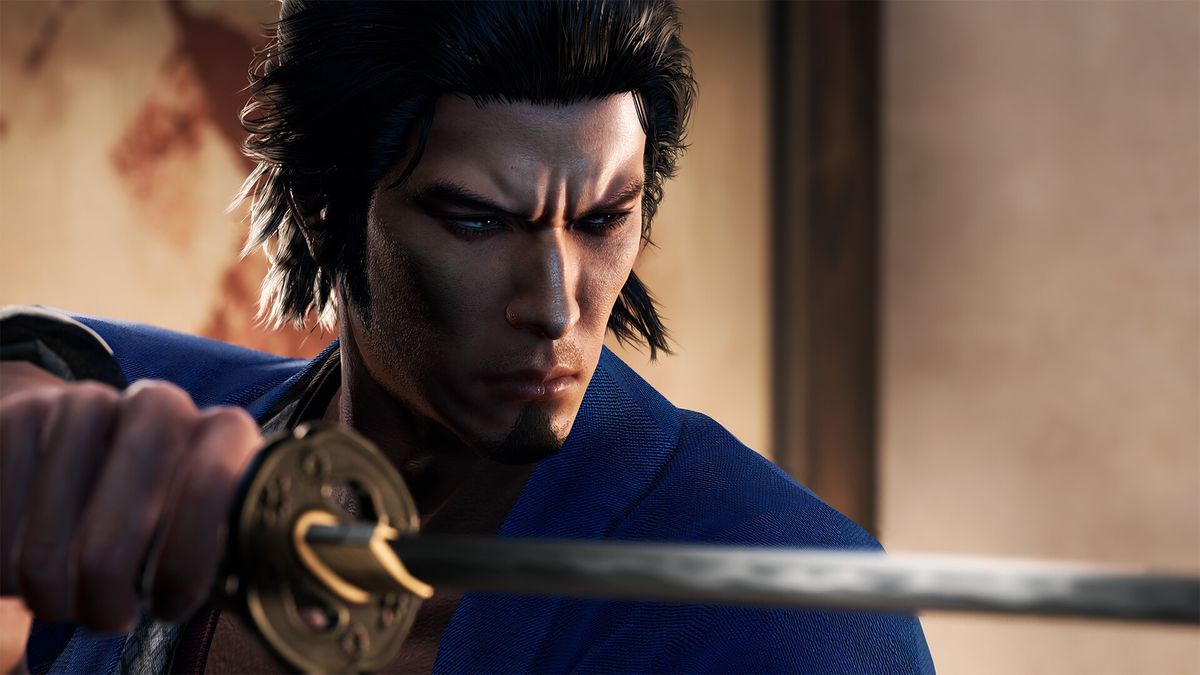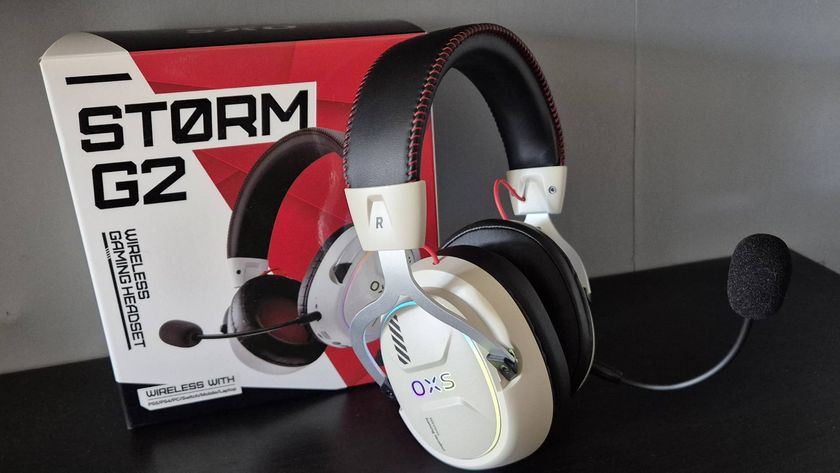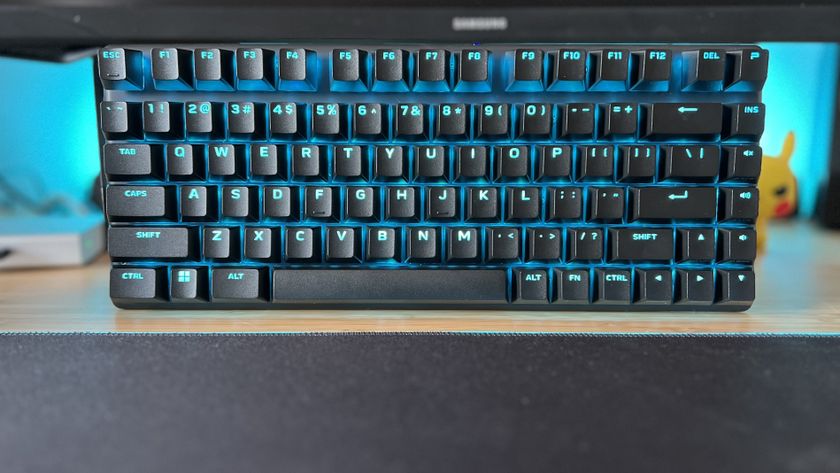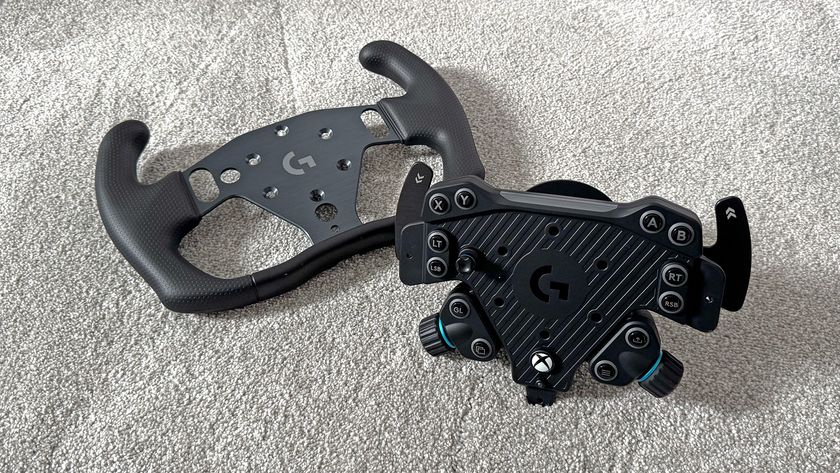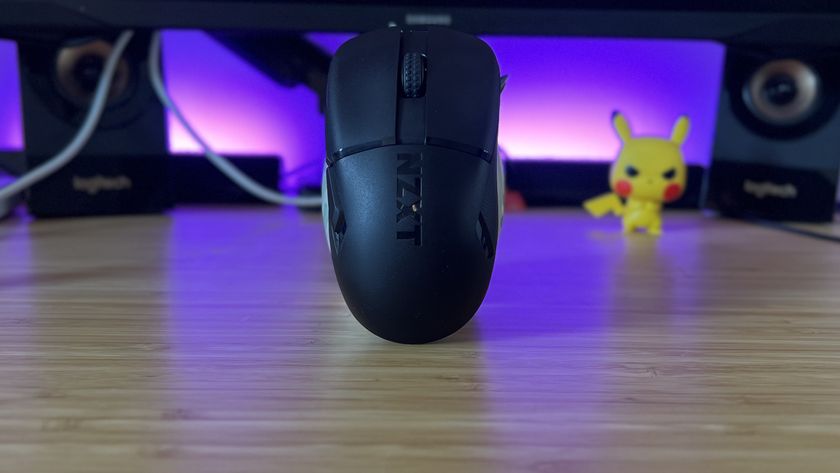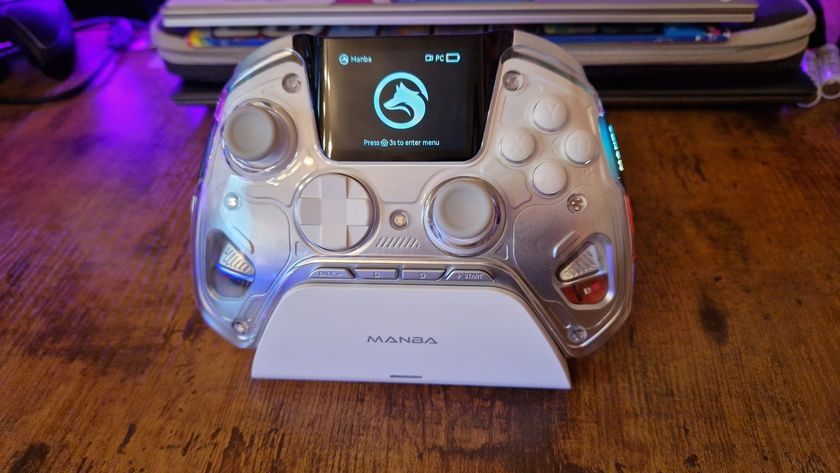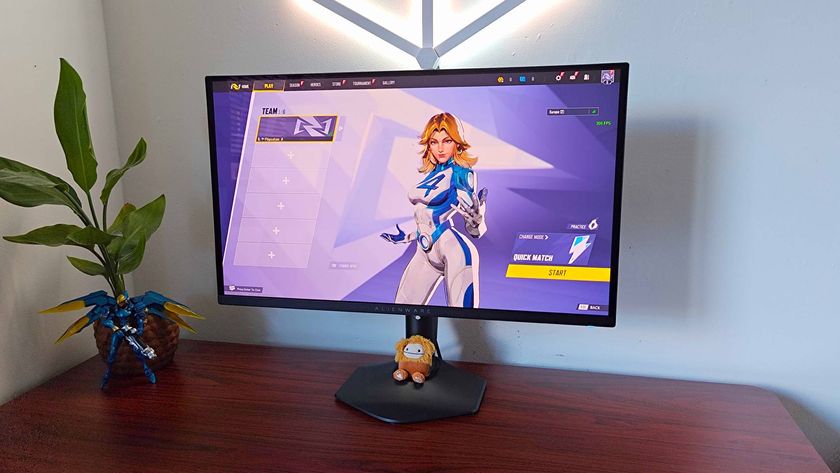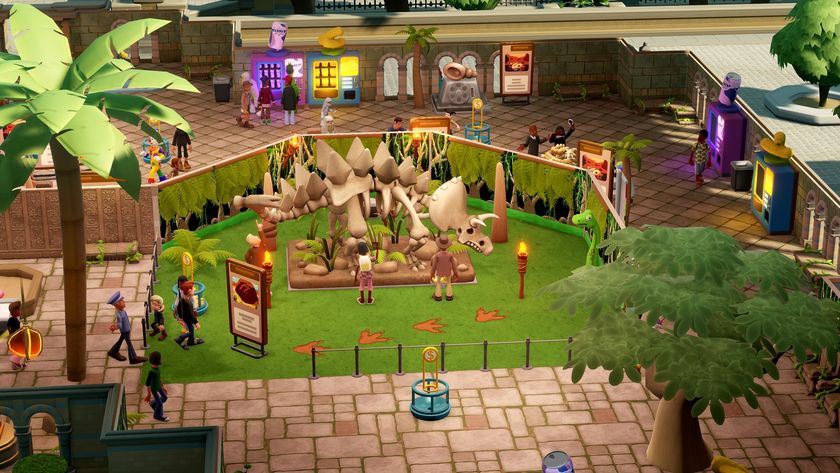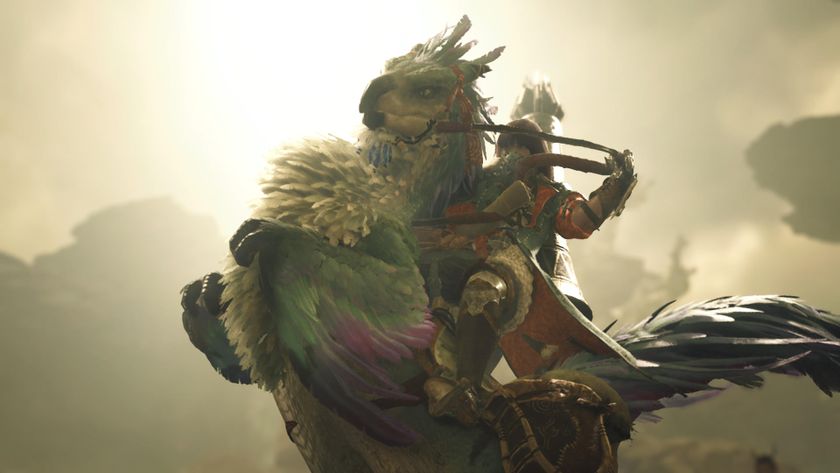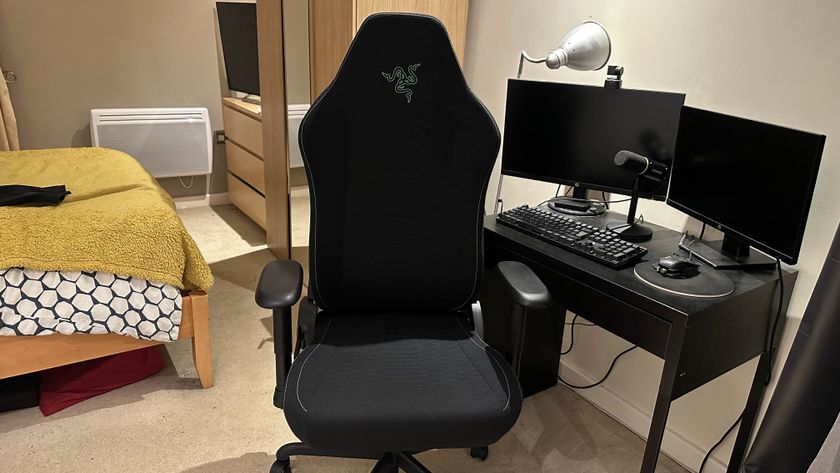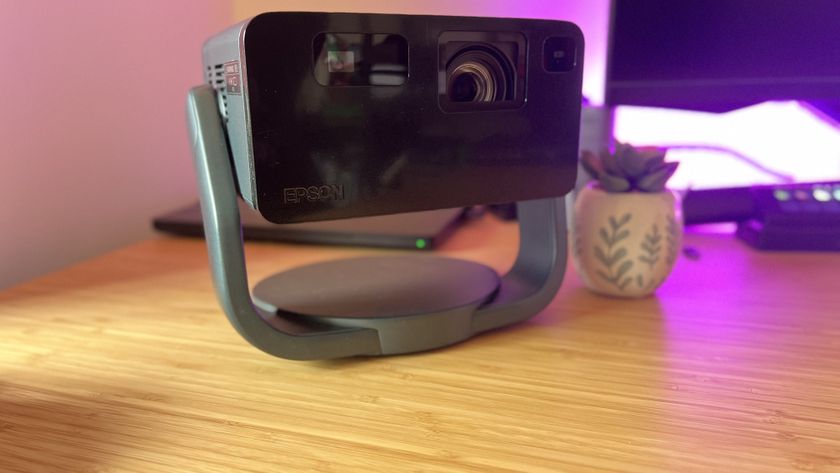12DOVE Verdict
The long-awaited remake of Like a Dragon: Ishin delivers an exciting and frequently gorgeous new setting to explore, a more rewarding combat system, and some of the best side quests and minigames in the series to date. Don't let the katanas fool you, this is the Yakuza you know and love at its very best.
Pros
- +
A stunning setting which is rich with real-life history
- +
The swordplay adds a refreshing twist to combat
- +
Side quests and minigames are robust and often hilarious
Cons
- -
Random difficulty spikes
- -
Some non-optional side quests interrupt the pacing
- -
Main story might be predictable for fans of the series
Why you can trust 12DOVE
Stepping into the remake of Like a Dragon: Ishin is as jarring as it is exhilarating. It's set in 1860s Japan, a feudal-era Kyoto and a far cry from the shimmering cityscapes which the Like a Dragon and Yakuza games typically thrust us into. Dressed in traditional Japanese garb, a katana at my side, it required a good few minutes to take in my very unfamiliar surroundings.
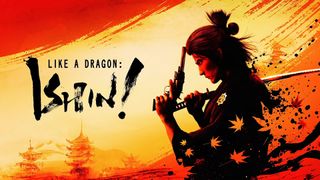
Release date: Feb 21, 2023
Platform(s): PS5, PS4, PC, Xbox Series X, Xbox One
Developer: Ryu Ga Gotoku
Publisher: Sega
Kyo is a stunningly-beautiful sensory assault. Developer Ryu Ga Gotoku has built an authentic-feeling reimagining of a historical city – an open world which is enthralling to explore. Every corner of Kyo, from the peaceful fishing docks in Fushimi with their view of waterfront homes and a forested mountain range, to the dilapidated slums of Mukurogai, begs to be explored. This is by far the most picturesque Yakuza game to date, and it's a magnificent demonstration for the first in the series to be built in Unreal Engine 4. In fact, for my money it's the most interesting setting in a Yakuza game in many years.
We're not in Kamurochō anymore
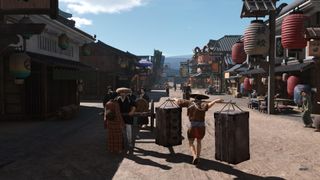
There's never a time of day in Like a Dragon: Ishin that doesn't feel like it's brimming with life, even if half of it is drunk on a startling variety of available sake. Everywhere you look, all sorts of peddlers hurry through the crowded marketplaces selling fertilizer and food, sloppy izakaya patrons spill out into the streets, merchants loudly advertise their wares, palanquins await passengers looking to fast-travel around town, and citizens gossip about the latest news – which usually involves protagonist Sakamoto Ryoma, who bears an uncanny resemblance (and shares a voice actor) with Yakuza's Kazuma Kiryu.
Ishin's setting easily captures our collective fascination with samurai culture, and that period of history more generally. The plot is a loose retelling of the Bakumatsu era at the tail end of the Edo period, when the Tokugawa shogunate ended, and the main characters are hybrids of familiar Yakuza faces and actual historical figures. I doubt you'll learn as much from Ishin as you would from reading a history book, but the highly dramatized story is packed with interesting historical concepts, particularly around class inequality and societal destabilization. There's even an in-game glossary that lets you learn more about historical Japan when certain places are mentioned in dialogue.
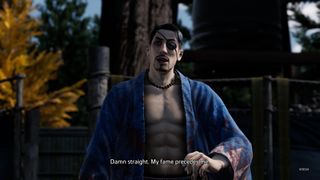
I am in no way an expert of Japanese history, but I've been lucky enough to explore parts of Japan that have been relatively preserved from the Edo period, and Ishin is like taking a return trip. Coming into Ishin, I was concerned Ryu Ga Gotoku wouldn't bring an entire historical era to life in the same way that it would a bustling modern-day city. Fortunately, the studio has breathed life and personality into a time and place no living person has ever physically visited. I truly want to live in Ishin, just so long as I have Sakamoto Ryoma as my personal bodyguard.
If you're a long-time fan of the Yakuza series, you'll notice a lot of familiar faces dressed in unfamiliar outfits – from Goro "mad dog" Majima to Koichi Adachi, and so many more. More than just their faces and voices return too, with their Ishin counterparts carrying the same mannerisms and personality traits as well. It serves as a constant reminder that, despite the new setting, this is still very much a Yakuza game.
That's reflected in the story too. Everything kicks off when Ryoma suffers the loss of his father figure to a masked assassin, who practices a distinctive sword-fighting style used exclusively by a militarized gang known as the Shinsengumi. With the assailant's unique swordplay as his only lead, Ryoma infiltrates the ruling Tokugawa Clan's elite samurai forces with the sole purpose of avenging his mentor's death. There's a persisting sense of danger throughout that's really gripping. The always bloodthirsty impulses of Majima's Edo-era counterpart is smartly used to keep you on your toes, as at any given moment the samurai can go from mad to rabid and thrust you into a blistering fight to the death.
I sword that coming
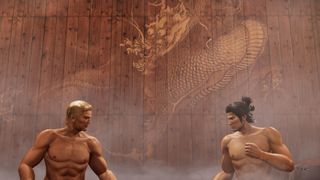
Unfortunately, the many twists and turns of the main campaign are largely predictable, especially if you're familiar with the Yakuza playbook. It usually takes me until at least the back half of a Yakuza game to come up with a semi-confident guess at the big bad, but in Ishin's case I was fairly sure I knew who it was early on in the story. And I was right.
That's not to say it isn't enjoyable though. Quite the opposite, in fact. Ryoma's melodramatic journey through iron-willed determination, betrayal, heartbreak, and self-destruction is as captivating as I've come to expect from the Yakuza franchise. The pacing is also very strong. I always felt a strong desire to reach the next checkpoint, so much so that I'd decline side quests and beeline it for the story beat. Truly the only downside to the narrative is that it has fewer "ah-ha" moments than, say, Yakuza 0 or Yakuza 7.
Naturally, the 55 hours I spent with Like a Dragon: Ishin weren't all chasing the Shinsengumi – this is a Yakuza game, after all, and one can only ignore the world's many distractions for so long. The side quests and minigames shine oh-so bright in Like a Dragon: Ishin, and the game does well to encourage you to answer the call of the city's most eccentric denizens, and engage with the world in ways that have little to do with the main objective.
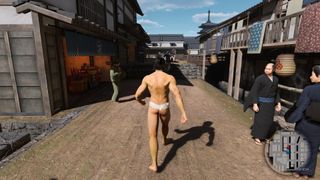
Because when things get real in the main quest, which they often do, you can balance out the vibes by exploring the city and talking to people, invariably leading to adventure. One side quest has become an all-time series favorite for me. I don't want to spoil too much, but it includes a bath house and a sequence where you're chasing a quirky miscreant through crowded streets completely bare-assed.
"You've got a real pair on you, and I don't mean literally!" is an actual genuine quote from the video game Like a Dragon: Ishin. Another highlight is the one where you're coaxed into visiting a brothel with supposedly "soft and supple" talent, only to learn its prostitutes are actually sumo wrestlers. I genuinely howled with laughter throughout the course of Ishin's robust side campaign.
Can I get a raincheck?
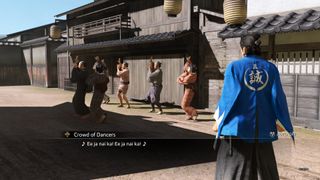
Admittedly, there are too many non-optional side-quests in Like a Dragon: Ishin, and some of them downright suck. I can't count the number of times I was racing toward the next objective, eager to see what was going to happen, only to be interrupted by a forced cutscene that led to something uneventful. I'm also pretty sure I ran into the same lady who'd been robbed twice, but it's possible that was due to a save file mishap on my part.
Random difficulty spikes spoil the fun now and again too, most noticeably in side quests. There was one that thrust me into a horde-type sequence that felt nearly impossible, and it bested me twice before the game offered to switch to easy mode temporarily, and even then I still got stomped. I stumbled across the same side-quest much later in the game, and even then had a tough time beating it. Largely though, Ishin's side quests are delightful and represent the best of the Yakuza name.
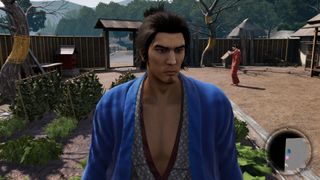
By far my favorite minigame, and my most preferred side activity, is the farming-sim built into Like a Dragon: Ishin. Another Life is a side quest you'll unlock fairly early on that opens up a pastoral countryside home you can travel to by boat. Once there, there's a variety of life-simmy activities to chill you out before returning to slice and dice your enemies.
Outside of the storylines, there are so many deep and rewarding minigames to keep you busy in Like a Dragon: Ishin. You can bet on racing chickens, help out in an udon shop, build rapport with an assortment of silly characters – my favorite being the little kid with an inexplicable and insatiable appetite for home-grown veggies – sing karaoke, drink people under the table in friendly competitions, and fire off cannons to let off some steam. And none – I repeat, none – of the minigames feel tacked on.
In particular, I was overjoyed to see fishing return. At this point, I consider it a crime for an open-world RPG to not have fishing, and Ishin very much obeys the law. Mechanically, it's identical to Yakuza 0's fishing minigame, which isn't a bad thing at all. There are a number of scenic river and sea fishing spots to cast your line, a few different bait types you can buy, and several fishing poles you can upgrade to if you want to catch bigger game. And yes, you can catch a shark. If I wanted to cover all of the side content available, we'd be here all day; you could fill an entire game with Ishin's relatively meaningless shenanigans, and it would be one hell of a good time.
Swordplay all day
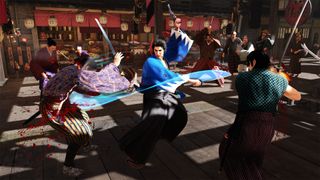
Aside from the setting, Like a Dragon: Ishin's biggest departure from series tradition is in its combat. Despite Yakuza 7 introducing a turn-based style to the mainline series, Ishin is a return to the franchise's brawler roots, albeit with what I found to be a lighter, less weighty feel to the movement. The four distinct fighting styles – Brawler, Gunman, Swordsman, and Wild Dancer – offer a good deal of variety too. Brawler is classic Yakuza fist-fighting with some grappling thrown into the mix, Gunman sees a stubborn samurai adapt to the times and brandish a number of pistols and revolvers, Swordsman puts Ryoma into his element with all manner of blade combos, and Wild Dancer sees you dual wield a gun and sword with fast-paced, fluid movements.
They're all fun, but I synced with Swordsman the most. This style tends to reward precision, successful blocking parrying, and combos more so than belligerent button mashing – which is something I found myself resorting to in Gunman and Wild Dancer. Each style has its own skill tree, but there are also training orbs you can assign wherever and then swap out later. I almost always used my training orbs on the Swordsman tree as it's the style I enjoyed most, but I had fun experimenting with other styles too.
If you do find yourself stuck on a boss fight, and you probably will, you can dip out and head to a dojo to train in the various fighting styles, craft and enhance weapons at the blacksmith, and of course, grind, grind, grind. Honestly though, for a JRPG, Ishin's grinding isn't tedious at all, thanks in no small part to the goons constantly chasing you around the map and all those forced side quests.
I say "experimenting," but really I mean: when an enemy was too hard, I could run away and pump 'em full of lead from a cowardly distance. Is it the samurai way? Undoubtedly not, but it gets the job done, especially when those aforementioned difficulty spikes take the form of bosses throwing Kamehameha blasts my way. Oh, I haven't talked about the Kamehameha blasts, have I?
Some bosses come superpowered, with abilities you wouldn't expect to see outside of cartoons and sci-fi flicks. Thankfully, you unlock attack cards soon after you join the Shinsengumi which give you similar abilities, and you can set them to activate automatically at full charge or to be used manually when you're in a bind. I think I speak for a lot of Yakuza fans when I say this sort of over-the-top nonsense is a lovable part of the package. There is, after all, nothing better than activating a move which allows you to shove an orange into an enemy's mouth and follow it with a quick punch to the face
A Yakuza in samurai clothes
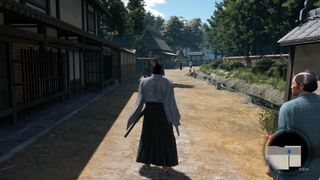
The highest compliment I can give Like a Dragon: Ishin is that it's a kick-ass Yakuza game in samurai clothing. Yes, the protagonist is a revered samurai instead of a scrappy thug, but at his core, he's still an honor-bound fighter with a strong moral compass, a cool temperament, and a steely determination to right wrongs in the world between bouts of heavy drinking and making friends with total weirdos.
While the main story lacks the surprise elements of other Yakuza games, and has some unfairly hard side-quests and boss battles, I love just about everything else that Like a Dragon: Ishin has to offer. Ishin is silly and melodramatic, a little uneven around the edges, and a little stubborn to evolve, but ultimately a stellar entry in one of the most well-loved RPG franchises around.
Like a Dragon: Ishin was reviewed on PS5, with code provided by the publisher.
More info
| Genre | JRPG |
After scoring a degree in English from ASU, I worked as a copy editor while freelancing for places like SFX Magazine, Screen Rant, Game Revolution, and MMORPG on the side. Now, as GamesRadar's west coast Staff Writer, I'm responsible for managing the site's western regional executive branch, AKA my apartment, and writing about whatever horror game I'm too afraid to finish.
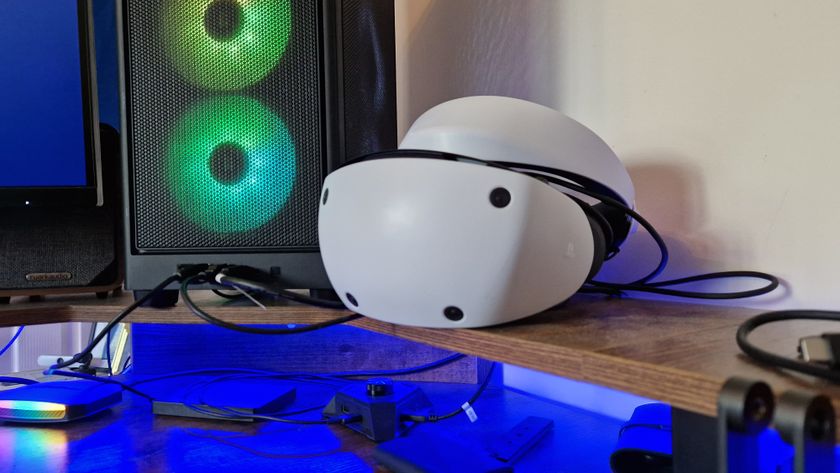
PSVR 2's price drop makes it cheaper than the Meta Quest 3, and I know which one I'd buy
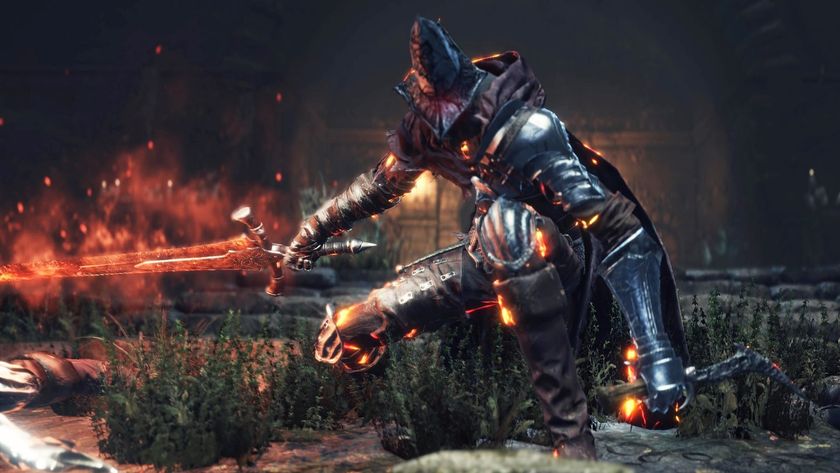
This streamer just beat a no-hit run of Dark Souls 3 with a saxophone controller, and they've got their sights set on Monster Hunter Wilds next
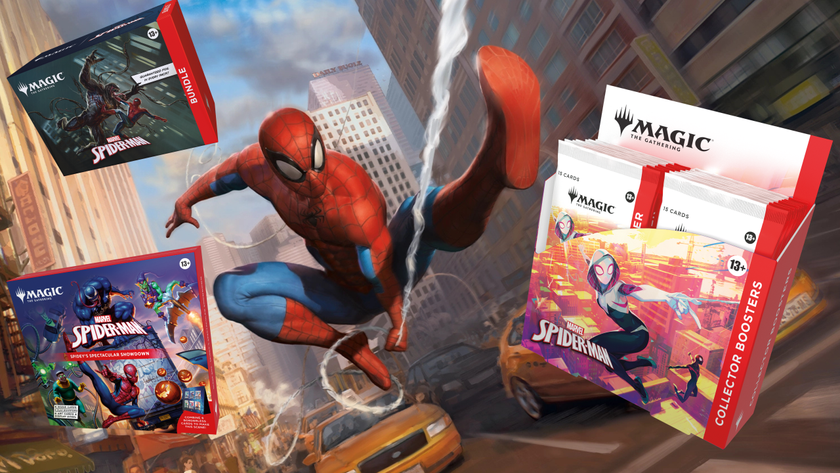
The first MTG Spider-Man previews have landed, and you can pre-order the set right now
